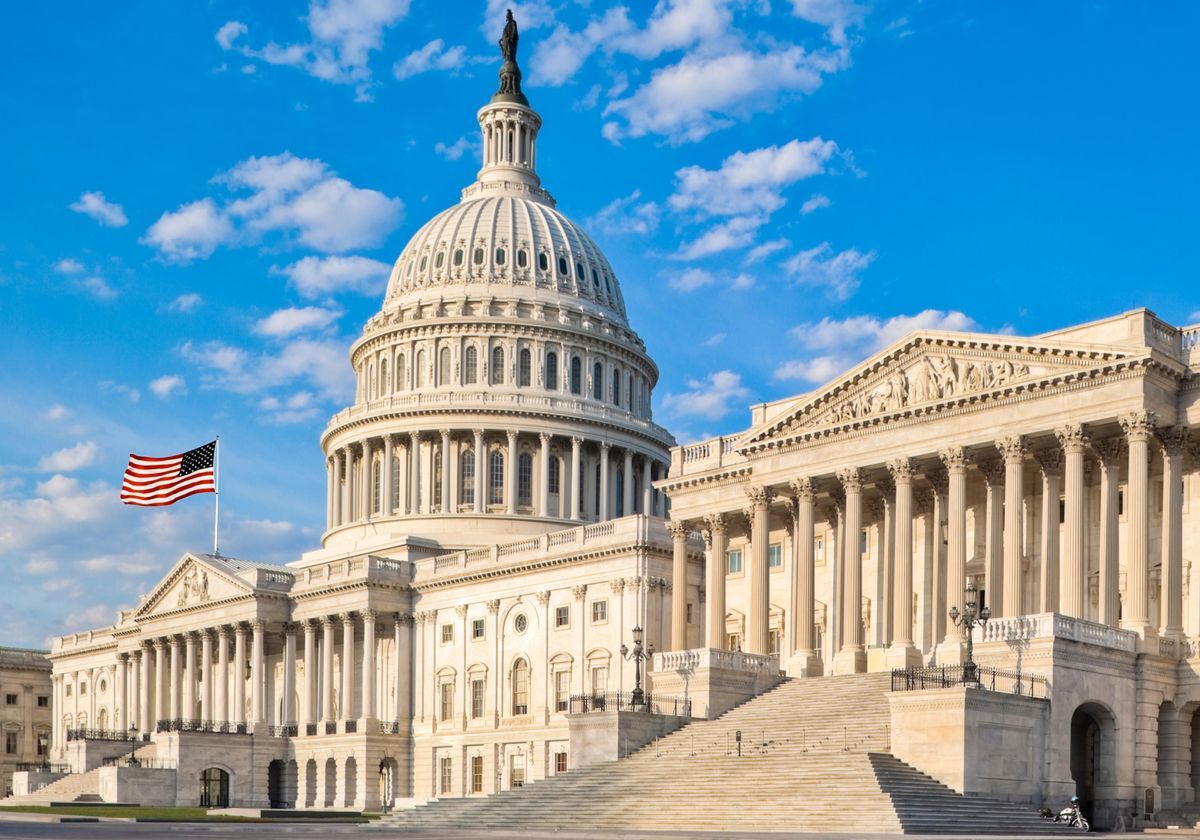Senate Candidate John Deaton Holds Majority of His Wealth in Crypto
25.07.2024 15:30 1 min. read Alexander Stefanov
John Deaton, the founder of CryptoLaw and prominent XRP advocate, is a notable contender in the Massachusetts Senate race, running against Senator Elizabeth Warren.
Deaton, representing the Republican Party, is known for his significant cryptocurrency holdings, including Bitcoin (BTC), Ethereum (ETH), Solana (SOL), and XRP. His recent financial disclosures reveal that approximately 80% of his wealth is invested in Bitcoin and related assets.
Deaton’s extensive crypto portfolio is in line with his strong advocacy for digital currencies, which contrasts sharply with Senator Warren’s stance. Warren has been a vocal critic of the cryptocurrency sector, focusing efforts on regulation and restrictions.
Deaton’s campaign has garnered substantial support from the crypto community, including contributions from Gemini co-founders Cameron and Tyler Winklevoss, who donated $500,000 worth of Bitcoin to his election bid. They view Deaton as a crucial ally in countering Warren’s anti-crypto policies.
Deaton’s campaign is also bolstered by his pro-crypto stance, while Warren’s position has often been antagonistic towards the digital asset industry. This election is seen as pivotal for the future of crypto regulation in the U.S.
-
1
Binance Pushes Back Against FTX Lawsuit, Calls Claims “Baseless”
21.05.2025 8:00 2 min. read -
2
Ark Invest Buys Into eToro as Shares Surge on Nasdaq Debut
16.05.2025 8:00 1 min. read -
3
New Ethereum Initiative Targets Institutional-Grade Security Standards
16.05.2025 14:00 1 min. read -
4
JPMorgan CEO Warns Market Is Overlooking Risks from Tariff Tensions
22.05.2025 8:00 1 min. read -
5
FIFA Teams Up with Avalanche to Launch Its Own Blockchain
23.05.2025 9:00 1 min. read
Yuga Labs Moves to Dismantle ApeCoin DAO in Favor of Centralized Structure
In a bold move to reshape the future of ApeCoin, Yuga Labs has introduced a proposal that would dissolve the existing ApeCoin DAO and replace it with a streamlined management body called ApeCo.
ARK Invest Makes Bold Bet on Circle as Stablecoin Giant Enters Wall Street
Circle’s arrival on the New York Stock Exchange sent shockwaves through the market, and Cathie Wood’s ARK Invest wasted no time jumping in.
WazirX Restructuring Plan Blocked by Singapore High Court
WazirX’s bid to restructure and compensate victims of a $230 million hack has been rejected by the Singapore High Court, putting the exchange’s recovery roadmap in limbo.
Tariffs Not a Threat to S&P Momentum, Says Fundstrat’s Tom Lee
Fundstrat’s Tom Lee believes that lingering caution in the stock market could actually be setting the stage for another bullish breakout.
-
1
Binance Pushes Back Against FTX Lawsuit, Calls Claims “Baseless”
21.05.2025 8:00 2 min. read -
2
Ark Invest Buys Into eToro as Shares Surge on Nasdaq Debut
16.05.2025 8:00 1 min. read -
3
New Ethereum Initiative Targets Institutional-Grade Security Standards
16.05.2025 14:00 1 min. read -
4
JPMorgan CEO Warns Market Is Overlooking Risks from Tariff Tensions
22.05.2025 8:00 1 min. read -
5
FIFA Teams Up with Avalanche to Launch Its Own Blockchain
23.05.2025 9:00 1 min. read


